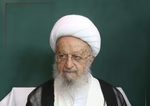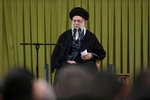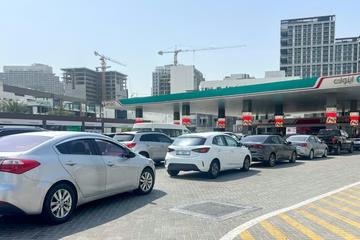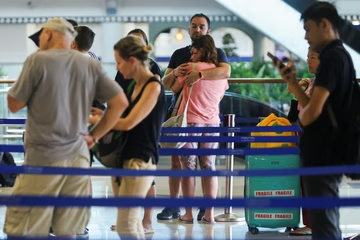UN court chief prosecutor says genocide denial remains significant concern

Serge Brammertz, the chief prosecutor of the UN court for war crimes in The Hague, informed the UN Security Council about the work of this institution, which recently pronounced verdict for two former Serbian security officers, Jovica Stanisic and Franko Simatovic, for war crimes in Bosnia and Croatia, in the longest process for war crimes in former Yugoslavia. According to Brammertz, genocide denial and the glorification of war criminals remain significant concerns.
Oglas
He said that the Appeals Chamber of the International Residual Mechanism for Criminal Tribunals found that both accused were criminally responsible as members of a joint criminal enterprise for a larger number of crimes in Bosnia and Herzegovina.
Serbian ex officials get 15 years in prison for war crimes in Bosnia, Croatia
“Stanisic and Simatovic shared the intention with other Serbian, Croatian Serb and Bosnian Serb leaders to ethnically cleanse non-Serbs from large areas of Croatia and Bosnia and Herzegovina. They further contributed to the implementation of the joint criminal enterprise in important ways, particularly by supporting notorious paramilitary groups,” Brammertz told UN SC.
He called the judgement as a “fitting final chapter” in the work of the court, the successor of the International Criminal Tribunal for former Yugoslavia.
Brammertz says UN court’s verdict proves war in BiH was international conflict
“Over thirty years of work, we were able to successfully prosecute senior political, military and police officials from all sides of the conflicts. We demonstrated that accountability for the most serious international crimes is possible, while also leaving as our legacy a record of what occurred,” he stressed.
Looking forward, Prosecutor Brammertz informed the Security Council that “the Mechanism is actively planning its future as a true residual institution.” In this regard, he explained that for the office of the prosecutor, in the coming years “our focus will in particular be on our mandate under Article 28(3) to assist national jurisdictions to continue the accountability process for international crimes committed in Rwanda and the former Yugoslavia.”
He noted that “there can be no question that much more justice still needs to be achieved at the national level”, highlighting that in Rwanda, “there are more than 1,000 fugitives to be prosecuted”, while in the former Yugoslavia, “national prosecutors still must deal with several thousand cases.” The mechanism's prosecution, he said, “plays a critical role in supporting this continued accountability process”, by which “Member States themselves take the lead in securing further justice and promoting peace.”
In conclusion, Prosecutor Brammertz reminded the Security Council that genocide denial and the glorification of war criminals remain significant concerns.
He said that the “international community is determined to bring war criminals to trial. It should be equally committed to promoting the truth after those trials are completed.”
Kakvo je tvoje mišljenje o ovome?
Učestvuj u diskusiji ili pročitaj komentare
Oglas
Kakvo je tvoje mišljenje o ovome?
Učestvuj u diskusiji ili pročitaj komentare
Oglas





 Srbija
Srbija
 Hrvatska
Hrvatska
 Slovenija
Slovenija



























































